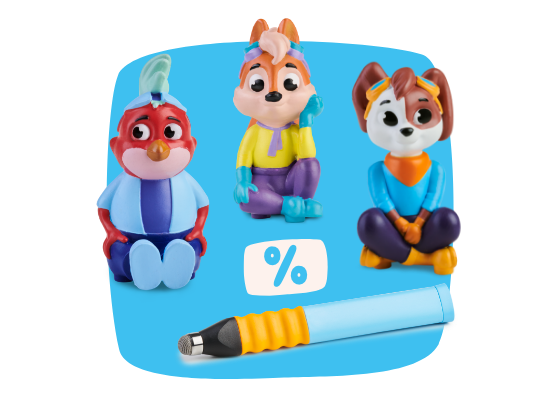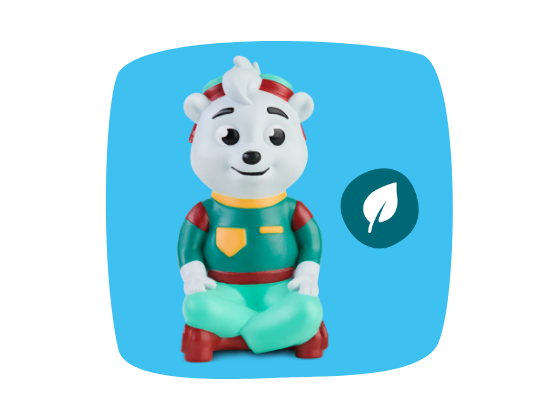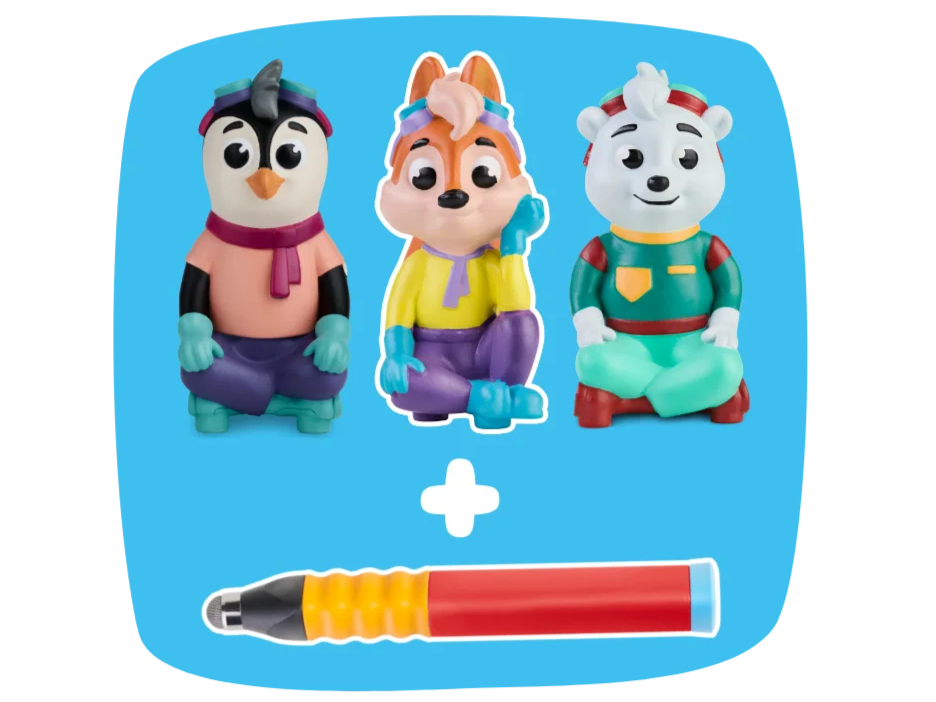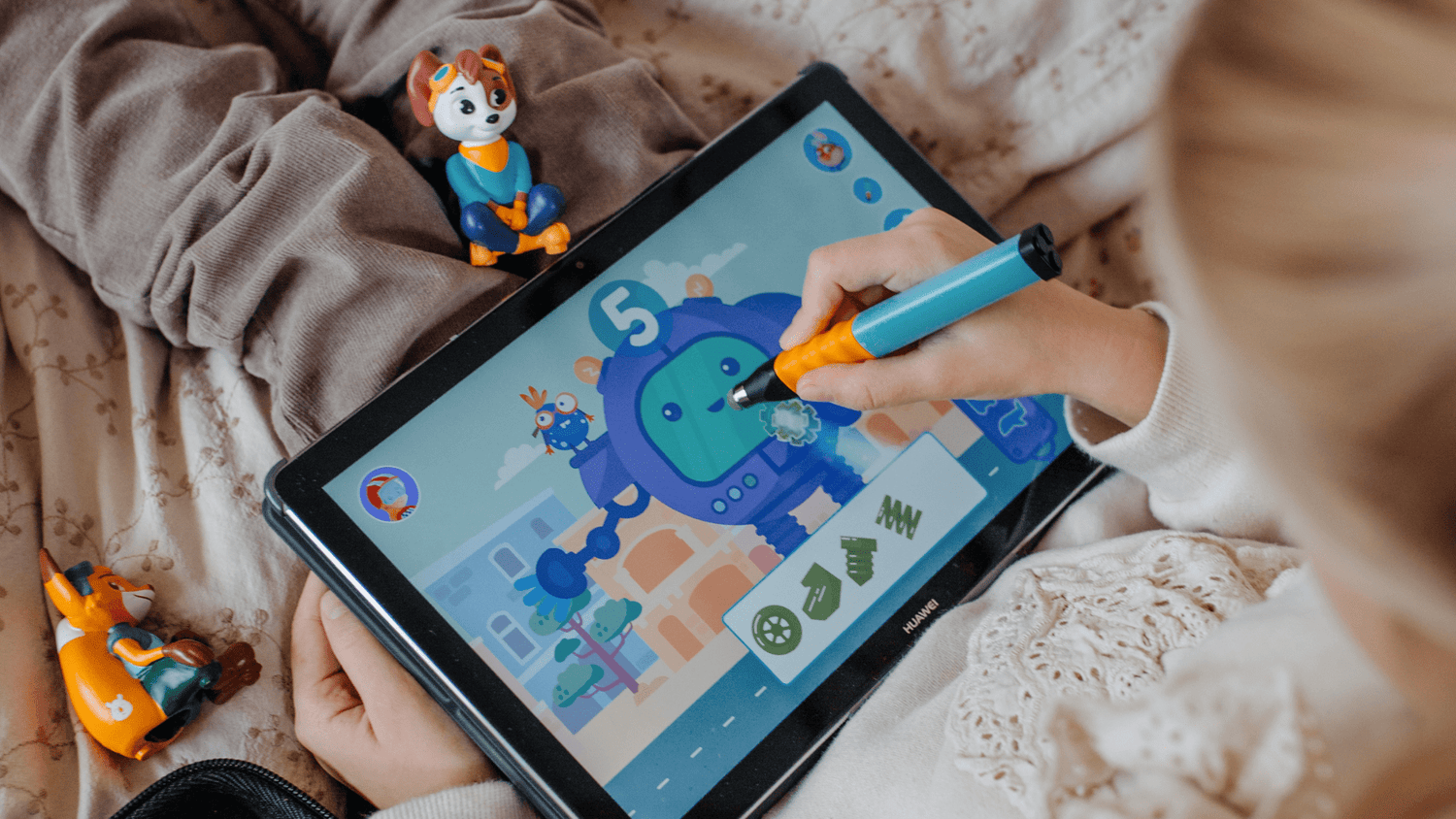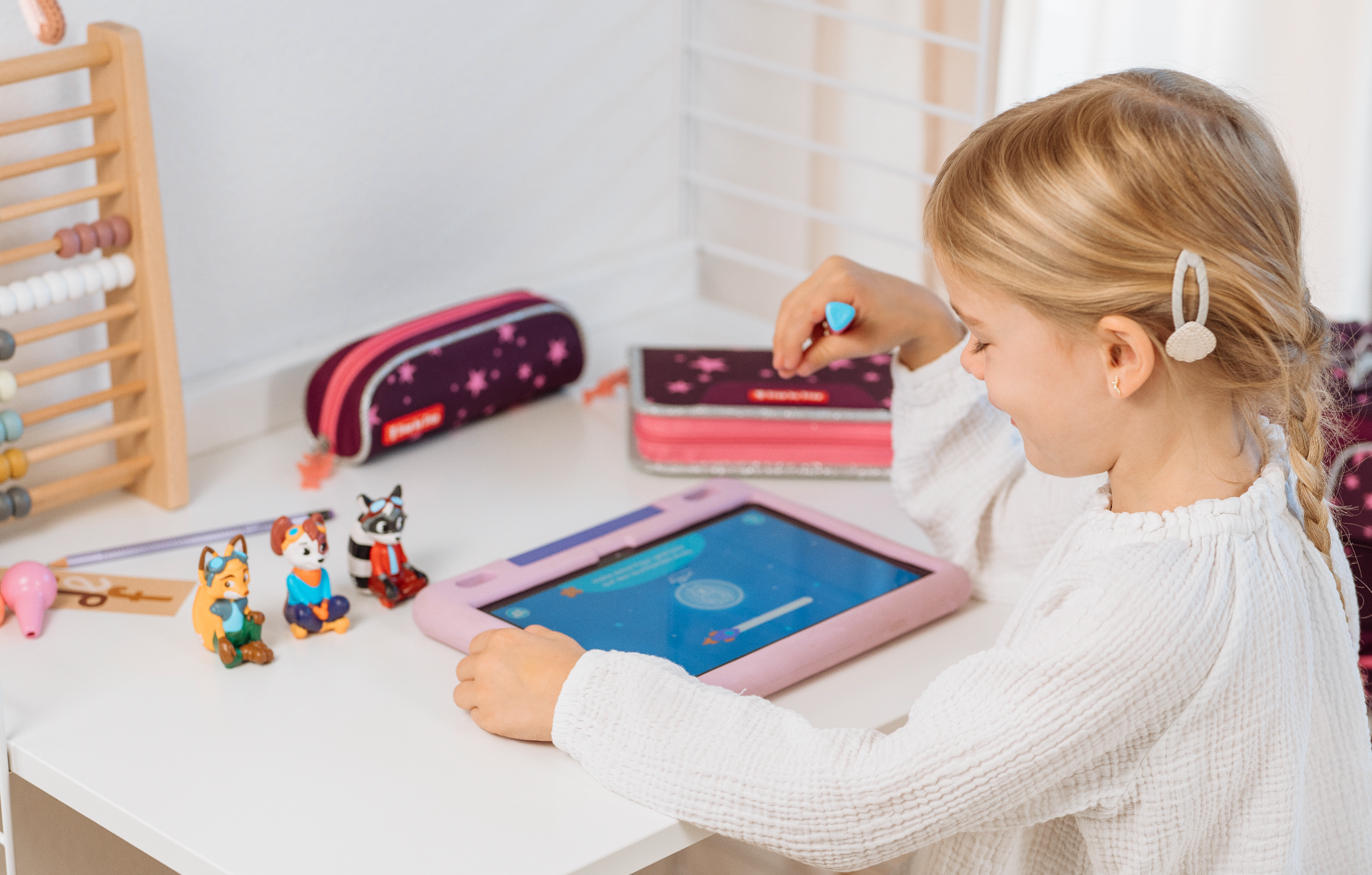In a world driven by technology and innovation, it's crucial that children are introduced to the fundamentals of programming and logical reasoning at an early age. These skills are not only relevant for the future, but they also offer numerous benefits for children's cognitive development and everyday life.
Practice makes perfect: Promote logical thinking in children from early childhood
Teaching children logical thinking as early as possible is an important foundation for their intellectual development. The earlier children learn to recognize connections and approach problems in a structured way, the better prepared they are for school and everyday life.
Why logical thinking helps children solve problems better
Children with good logical thinking skills find it easier to understand complex tasks, recognize connections and develop solution strategies.
Basis for critical thinking
Logical thinking forms the foundation for critical thinking. Children learn to analyze and evaluate information in a targeted manner and make well-considered decisions—a skill that is becoming increasingly important in the digital age.
Improved problem-solving skills
A trained mind recognizes problems more quickly and can approach them in a more structured way. This allows children to develop creative yet realistic solutions—a skill that is valuable in school, everyday life, and later in their careers.
Promoting self-confidence
Those who understand how to overcome challenges grow with every solution. Children gain self-confidence when they experience that they can make real progress with logical thinking.
Fit for the digital world: Training logical thinking in primary school
In the digital world, logical thinking is a key skill. It helps children understand systems, technology, and digital applications – from tablets and learning software to getting started in the world of programming.
Promote logical thinking in children through play
Logical thinking can be excellently fostered through play and fun. Children love to puzzle, build, and be creative—this can be put to optimal use.
Here are some examples:
- Puzzles and riddles
- Board games
- Lego bricks and building blocks
- Labyrinth games
- Experiments
- Interactive stories or role-playing games
- EDURINO Figure Luka - "Logical Thinking & Coding"
EDURINO Luka Solution: How Luka supports children’s logical thinking
In the "Logical Thinking and Coding" learning world, your child will explore the digital world with Luka, the dog. Logical thinking is trained in a playful way. Through exciting tasks, puzzles, and learning games, your child will delve into the basics of programming – age-appropriate and interactive.
Promote logical thinking systematically
Luka helps children break problems down into smaller units and understand connections. This is a key skill in programming—and a key to logical thinking.
Digital learning journey with fun factor
Your child accompanies Luka through different worlds, makes decisions, and playfully experiences the importance of logical thinking in everyday life and in the digital world. EDURINO turns learning into an adventure.
Discover Luka: Logical thinking and coding for ages 4 and up
Promoting logical thinking and programming skills from preschool onwards helps children keep track of an increasingly complex world. Playful learning not only strengthens the brain but also whets the appetite for more. Let's work together to make logical thinking accessible to children – in a creative, modern, and child-friendly way.
Have fun puzzling, building, and coding – your EDURINO team!
